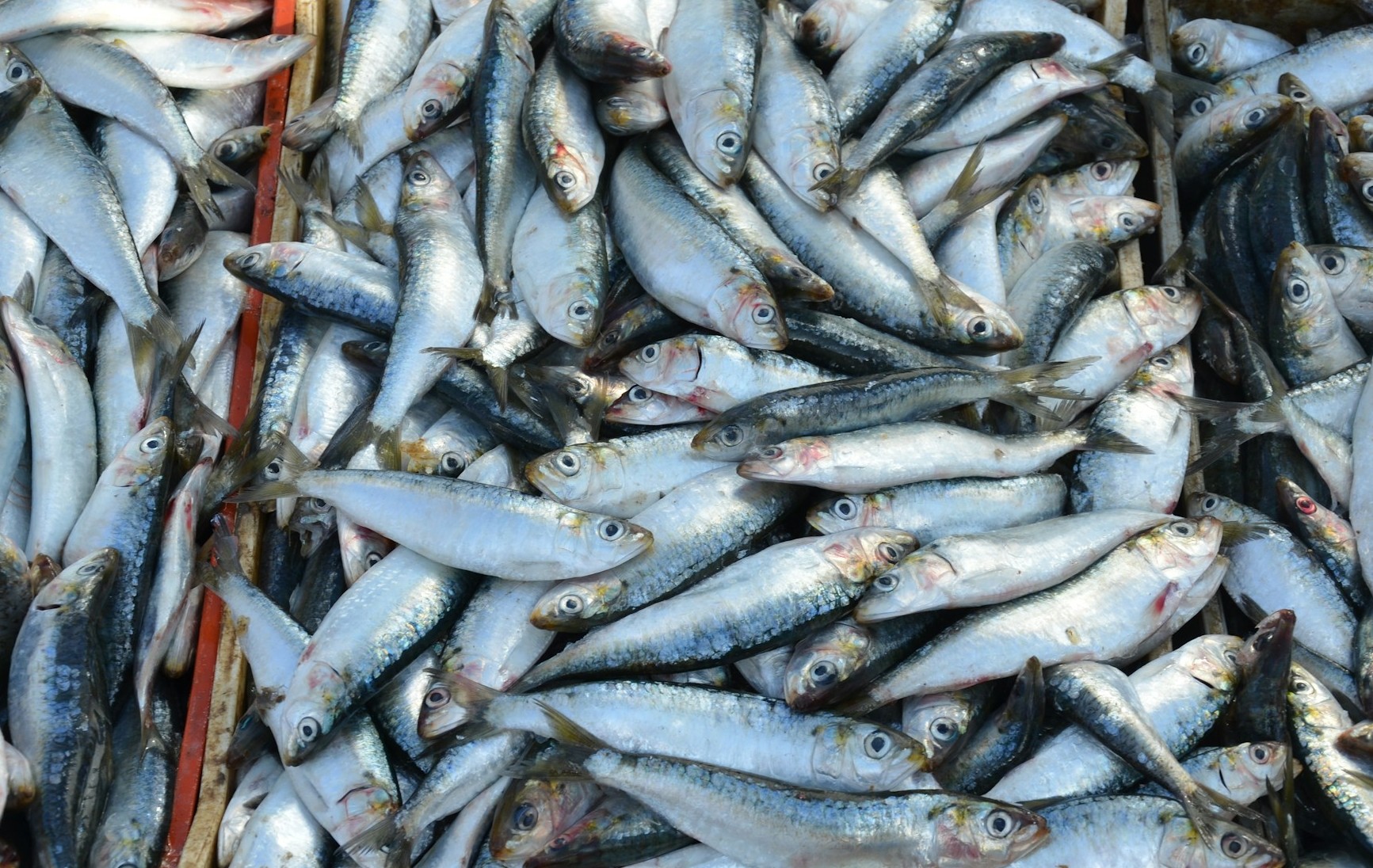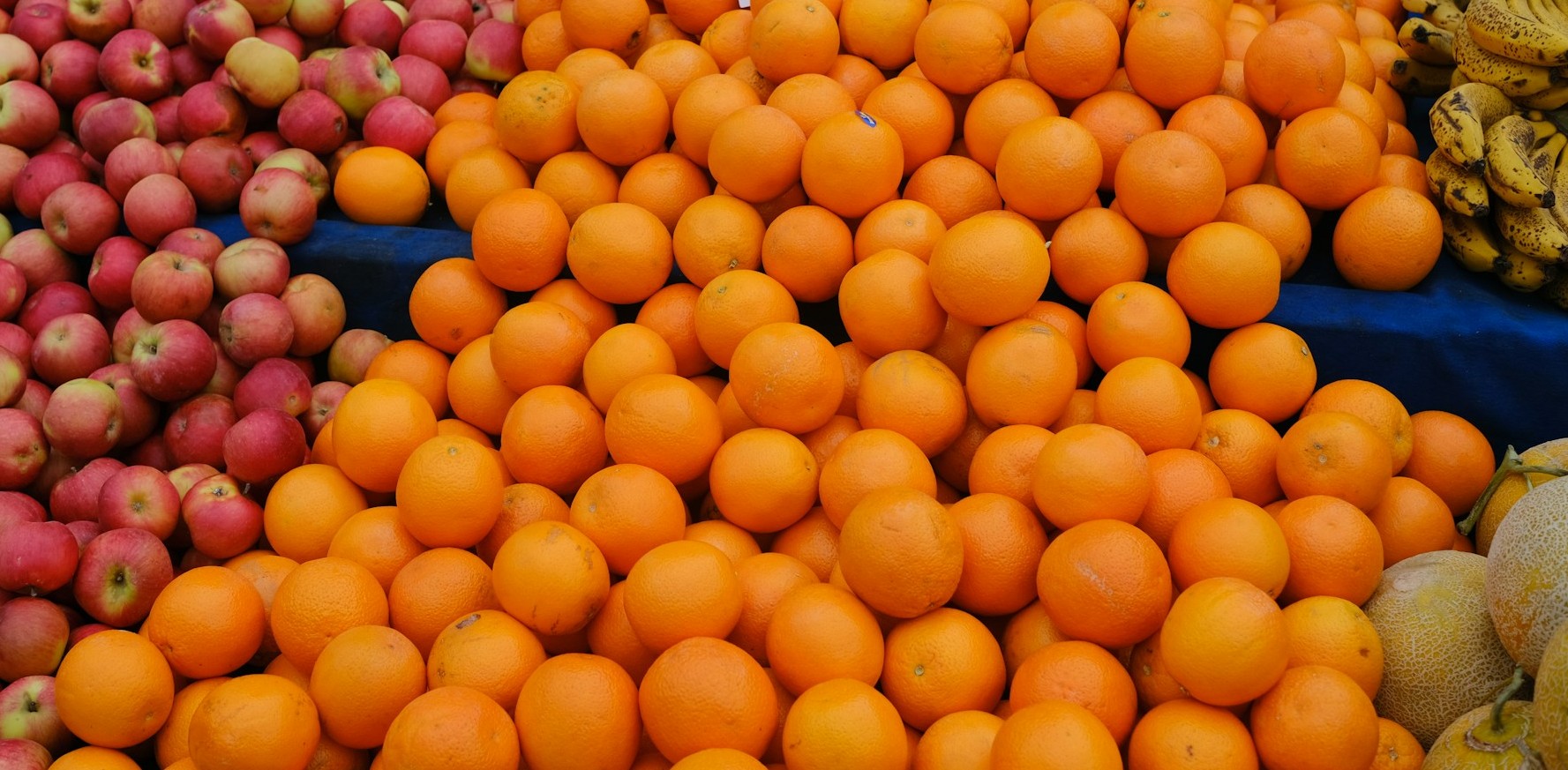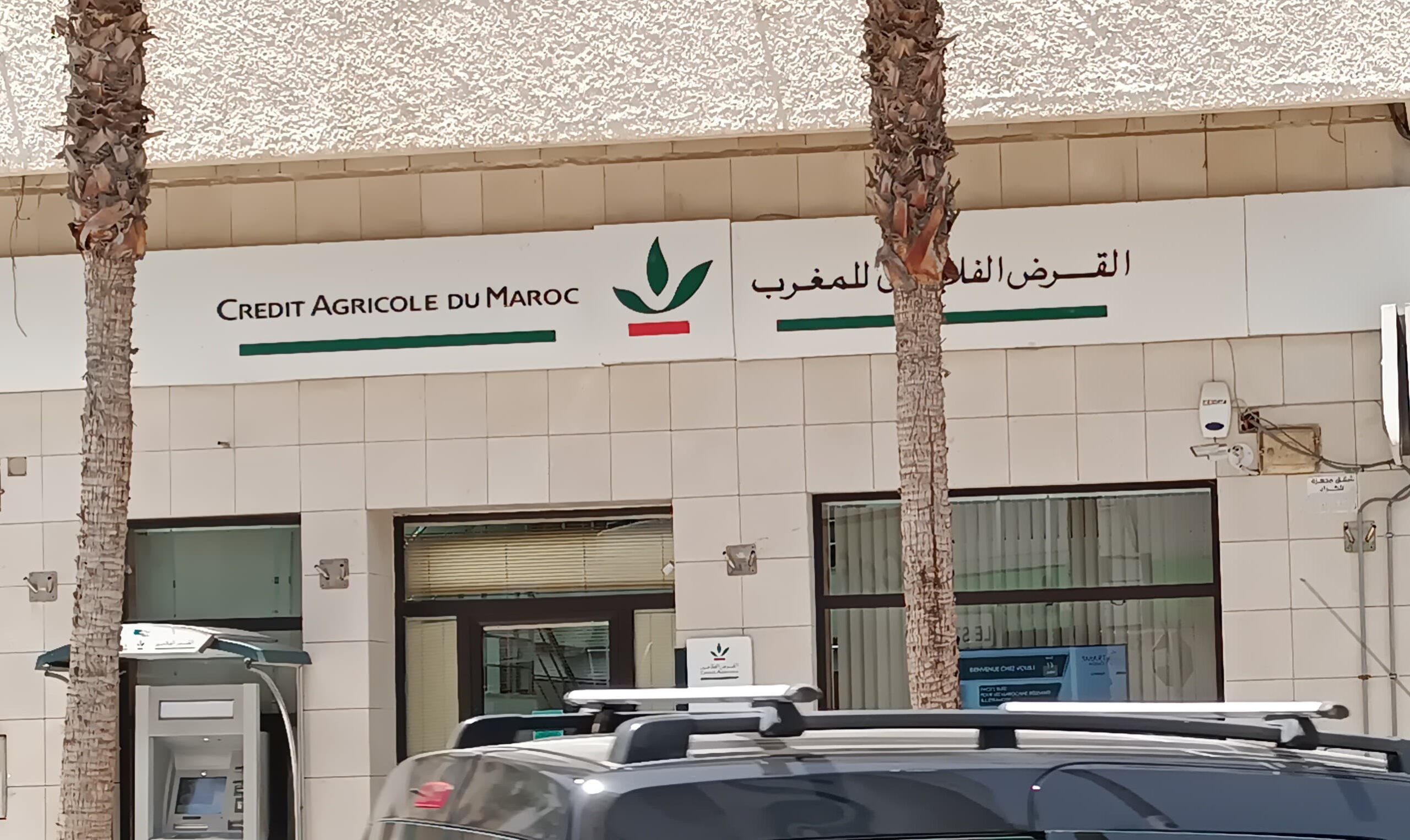Casablanca – Morocco’s fish canning sector is grappling with a severe and escalating crisis driven by a sharp decline in sardine stocks, rising operational costs, and intensifying international competition. The National Union of Fish Canning Industries (UNICOP) has issued a stark warning, urging urgent and coordinated action to avert deep economic, social, and industrial consequences.
Sardine stock decline threatens entire industry
Small pelagic species, particularly sardines, constitute the backbone of Morocco’s fish canning industry, representing 85% of total fish production. However, data released by the National Fisheries Office (ONP) reveals an alarming reduction in sardine landings, which plummeted from 965,000 tonnes in 2022 to just 525,000 tonnes in 2024 — a nearly 46% drop in just two years.
This precipitous decline poses a direct threat to the entire value chain, disrupting not only fishing operations but also fish processing plants and related export activities. The depletion of this crucial resource endangers the long-term sustainability of the sector and jeopardizes the livelihoods of thousands of families dependent on it for income.
Economic and social consequences ripple through coastal regions
The impact of shrinking sardine supplies has been swift and severe. Factory activity has contracted by approximately 50%, leading to widespread temporary shutdowns, reduction in working hours, and the looming risk of permanent closures. The fish canning sector is one of the largest employers in Morocco’s fisheries ecosystem, providing around 35,000 direct jobs and supporting approximately 120,000 indirect jobs.
Coastal cities, where the industry forms an essential part of the local economy, are facing increased social and economic strain. With fewer operational plants and dwindling employment opportunities, these communities risk losing their economic stability and social fabric.
Morocco’s global market leadership under pressure
Morocco has long held the position as the world’s leading exporter of canned sardines, a reputation built over decades. Yet, the country’s dominance in this sector is now challenged. Exports to key markets, particularly Africa, have declined by 30% in 2024, reflecting both shrinking supplies and intensified competition from Asian producers who are gaining market share.
Furthermore, rising production and operational costs are compressing profit margins for Moroccan canners, exacerbating the sector’s fragility and limiting their ability to invest in recovery and modernization.
UNICOP calls for comprehensive strategic reforms
In light of these challenges, UNICOP has proposed a series of strategic reforms to ensure the industry’s survival and future growth:
- Ban exports of processable sardines to prioritize local canning and preserve raw material for domestic factories.
- Strictly regulate the industrial use of sardines, particularly by prohibiting their use for fishmeal production to maximize human consumption value.
- Limit exports of frozen fish to conserve stocks and protect domestic supply chains.
- Enhance enforcement against illegal fishing and juvenile fish capture, with stricter monitoring and penalties.
- Suspend the expansion of new sardine processing facilities until there is clear evidence of stock recovery.
UNICOP also advocates for the revision of biological rest periods (temporary fishing bans) using updated scientific assessments and transparent stock inventories, to better align fishing activity with ecological realities and ensure sustainability.
A call for urgent government-led action
UNICOP is pressing the Moroccan government to take immediate leadership by initiating a national strategic dialogue involving all stakeholders—from industry players to regulators and scientists. The objective is to formulate a clear and actionable recovery plan aimed at preserving sardine stocks, protecting jobs, and reinforcing Morocco’s competitive advantage in the global canned fish market.
Industry experts stress that time is of the essence. Without swift, coordinated intervention, Morocco risks losing its historic role as the world’s premier sardine canning hub, with severe repercussions for coastal economies and the national export sector.
For now, the Moroccan fish canning industry remains in crisis mode, awaiting decisive policy measures and industry cooperation to stabilize production, safeguard employment, and sustain its global leadership in seafood processing.
















